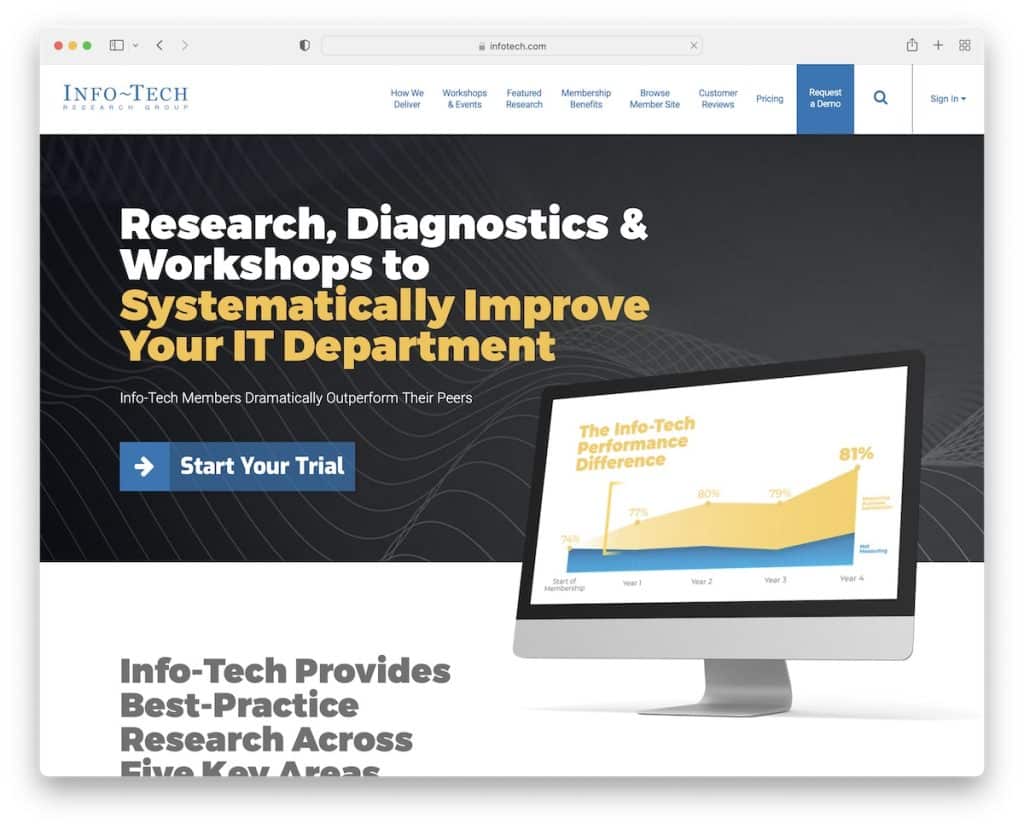Informational websites
Informational websites are designed to provide visitors with valuable information on specific topics or subjects. Unlike e-commerce sites or social media platforms, their primary aim isn't to sell products or facilitate interactions. Instead, they focus on delivering informative content to educate, inform, or entertain users. Here's a concise overview:
Key Characteristics:
Information Delivery: Informational websites offer content such as articles, blogs, videos, infographics, or resources centered around a particular subject or niche.
Education and Learning: They serve as educational platforms, providing knowledge on diverse topics, ranging from academic subjects to DIY tutorials, lifestyle tips, health advice, and more.
No Transactional Element: Unlike e-commerce platforms, there's no direct transactional or commercial aspect involved. The main goal is to provide information rather than sell products or services.
Varied Content Formats: Content can be presented in various formats, including text, images, videos, podcasts, interactive tools, and downloadable resources.
Credibility and Trust: These websites aim to establish credibility by providing accurate, well-researched, and reliable information, often supported by citations or references.
Diverse Subjects: Informational websites cover a wide array of topics—ranging from news, history, science, technology, health, travel, and more—tailored to the interests and needs of their target audience.
Resource Hub: They often serve as a resource hub for users seeking specific information, tutorials, guides, or references on a particular topic.
Engagement and Interaction: Some informational websites incorporate interactive elements like forums, comment sections, quizzes, or polls to encourage user engagement and participation.
Examples of Informational Websites:
- Wikipedia: An online encyclopedia providing information on a vast range of topics.
- News Portals: Websites delivering news and current affairs information.
- Educational Platforms: Websites offering educational courses, tutorials, or academic resources.
- How-to Blogs: Platforms providing step-by-step guides, tutorials, or DIY instructions.
- Health and Wellness Sites: Platforms offering information on health, fitness, nutrition, etc.
Purpose:
The primary purpose of informational websites is to educate, inform, or entertain users. They aim to satisfy users' curiosity, provide answers to their queries, or offer insights into specific subjects without engaging in commercial transactions. These sites play a crucial role in disseminating knowledge, fostering learning, and catering to the information-seeking needs of diverse audiences.

Comments
Post a Comment